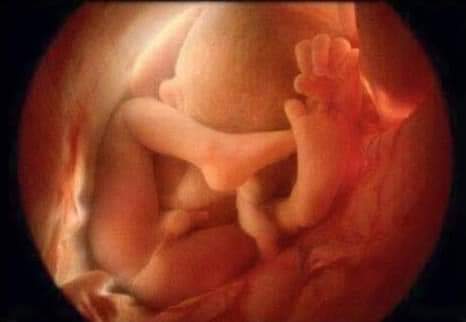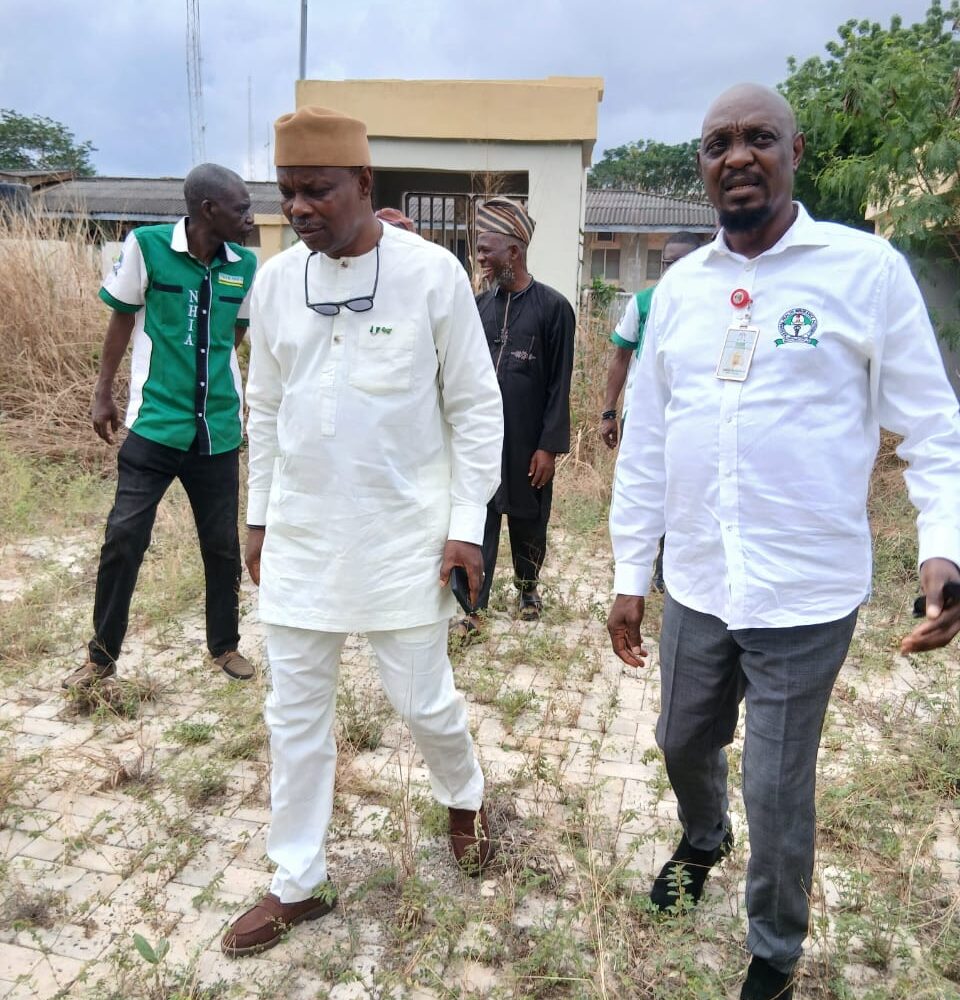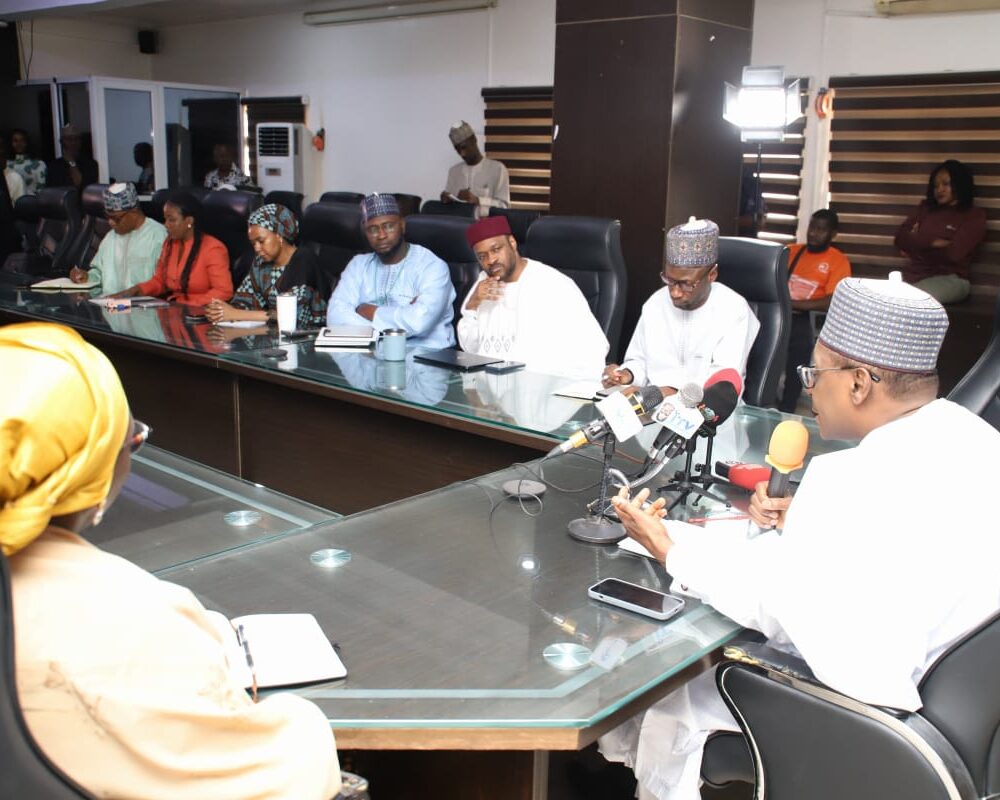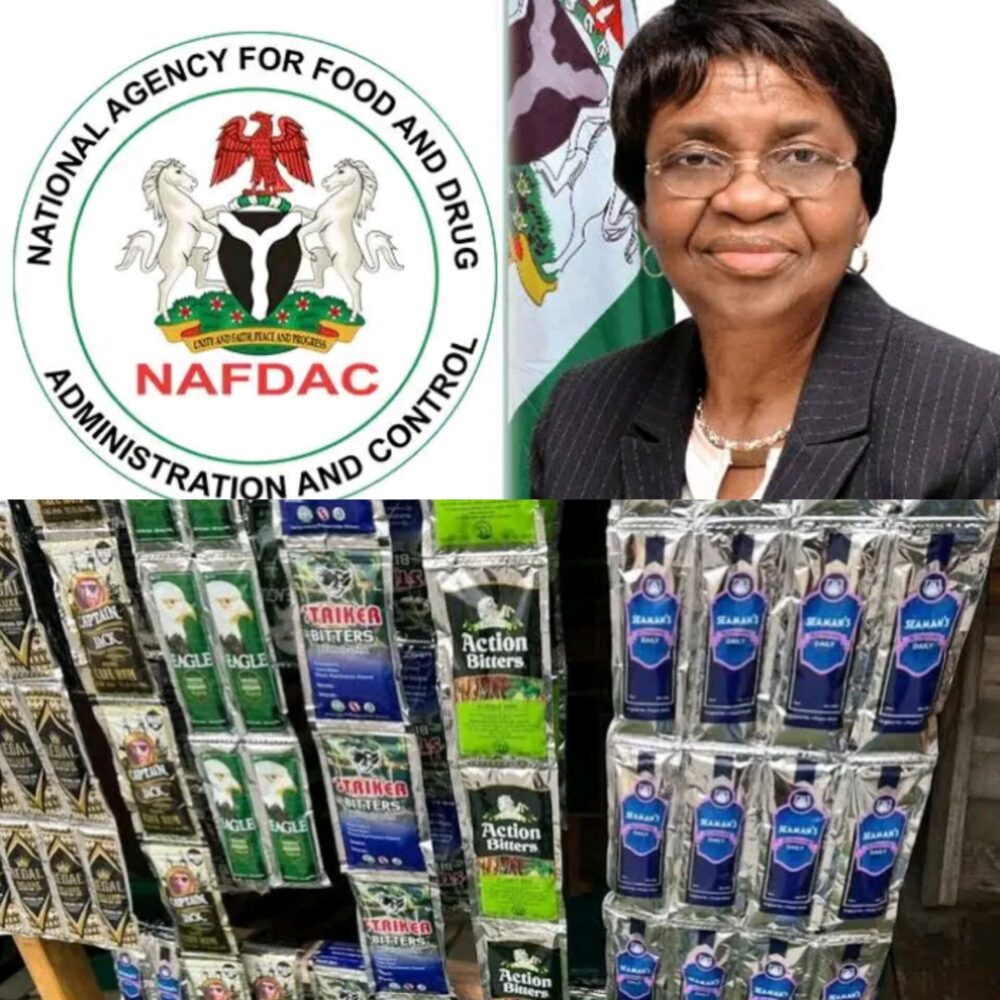Health is wealth is a popular idiom.The usage of it speaks volume When for instance a family member, a friend or a colleague is sick.Moreso, when we ourselves are not in the right frame of healthiness.
To this end our understanding and interpretation of this idiom. Transcends beyond mere statement to facts about a healthy life.
What this means is that you cannot be healthy without a measures of wealth.
One may want to ask what then is wealth? Because several interpretation of wealth has made it impossible to appreciate what wealth is all about.
Especially as majority see it as material possession. Wealth according to the Longman Dictionary of Contemporary English is “a large amount of money,
property etc that a person or country owns” It also define it as “wealth of something”. Thus,wealth for us his not just money or material possesions but the weathiness of our physical body, mentally and pschologically.That why we must place premium value on our physical well being above just seeking material possession.
The foregoing is tied to the absymal state of health of Nigerian pregnant women. Succintly, a lots of factors has been attributed to it causes. That includes, collapse of the primary health care system, poor infrastructure, inter-professional rivalry,incessant labour disputes,poor accountability, and as well as inefficient and limited health insurance coverage and patient-centred health financing.
The above has hindered the health sector not to adequately provide health care services to pregnant Nigerian
Women across the country. And it is evidence from the structure of health sector potentiality in Nigeria,with the Primary Health Care Centre at the local Government Areas. Having the responsibility that centrally focuses on preventive care.Then we have the secondary health bodies that deals on curative levels.The last on the structure is the tertiary health institutions that provide preventive, curative care, training research and complementary services.
Interesting, from the above we don’t expect poor health services and care for our mothers, sisters and daughter’s. But alaast! It like the structure and organisation serves the stagnation of our health sector that has practically aggravate maternal and infants mortality rates in Nigeria.
Recent findings of the World Health Organisation (WHO), show Nigeria accounts for over 34 percent of global maternal deaths. Therefore out of every 22 pregnant Nigerian woman 1 of them die at the point of delivering their infants babies. And the lifetime associated with the risk of infant baby surviving is very slim.
Meanwhile in developed countries the data differ as it is 1 in every 4900 pregnants women die.
However,the following are said to have contributed to pregnant women and infants dying doing delivery. This includes. postpartum haemorrhage, prolonged obstructive labour, convulsion, infection from fever and complications from abortions.
Regreattably, two-thirds of all maternal deaths that happened in sub-Saharan Africa is recorded in Nigeria.This is a sad narrative has 50,000 pregnant Nigeria women die yearly.
Instructively, the United Nations Economic Commission for Africa, assert that one in seven global maternal deaths occur in Nigeria. A situstion whereby both Nigeria and indian have been found to contributes to one-third of global pregnant women deaths.
The dissappointment coming from our health sector structure and organization to tackle maternal mortality.Is the reality. Resulting to we lossing our loves ones to cold hands of dealth. Seriously, research findings by experts as provided that close to 95 per cent of deaths during childbirth are preventable. Through a multifaceted maternal health, improving and prevention mechanism for pregnant women and babies agsinst diseases.
The question now is how much effort is the Nigerian State undertaking to save the lives of pregnant women and infant babies?
Because the rate is alarming and is not just a fixated problem of the Northern region of the country. It is widespread, highly and groosly under reported. Except when INGO’s and local NGO’ with support from Donor Agencies report it.
Conversely, it is evidence that poor health facilities across Nigerian contributes significantly to the worsening Maternal and infant mortality rates.So what effort should we put in place for our pregnant women to obtain high-quality health care.
This now draw our attention to public spending on health care in Nigeria. The World Bank report highlights. For instance, what Nigeria’s spends on public health care that amount to just 3.89% of its $495 billion GDP (Gross Domestic Product).A comprasion with the like of South Africa with 8.25% and 5.17% of Kenya, It show we far below.
And the current Nigeria’s 206 million population has been projected to double by 2050, according to the United Nation (UN).
Therefore, it is about time, Nigeria’s policymakers look critically at the pathetic situation in the health sector that require huge funding. Although,opinion on modern healthcare argue that it is not expected to be free because it is expensive.We however believe the government have a resposibility to make it accessible and affordable to all. Even though we know Nigerians pay out-of-pocket to access healthcare, even when it is officially free.
To address the issue, first, the federal, state and local government is to sustain quality affordable maternal and infant health care system.Secondly, right health education to remove all form of socio-cultural and religious biases against seeking modern health care for pregnant women.This would help to eliminate rooted cultural and religious beliefs barrries. We also see the need to improving women income to break household poverty and inequality.
Lastly, a collective stakeholders input is required, it must not be left for government alone.We call on the media to play a critical role in maternal and infant protection advocacy.
For us,reducing Maternal and infants mortality gaps as a core goal of SDG 3. Poignantly is nothing short than saving pregnant women from avoidable dealth and our infants stay alive.
Adefolarin A. Olamilekan,
Political Economist and Development Researcher
Email: adefolarin77@gmail.com
Tel: 08107407870,08073814436





